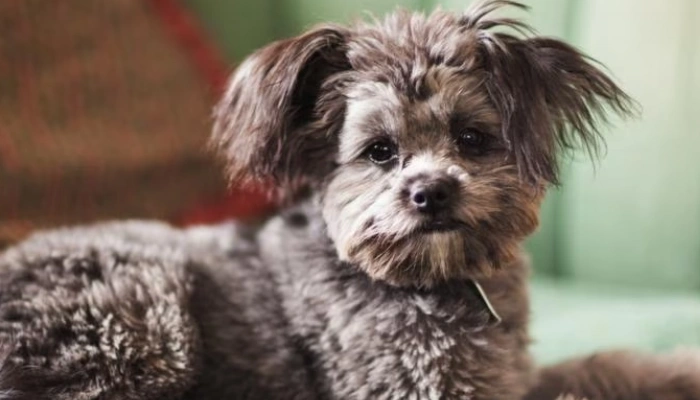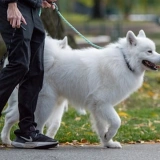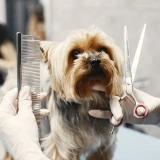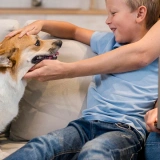Yorkiepoos are intelligent, affectionate, and energetic. They love to learn and entertain, often picking up tricks quickly and responding well to praise. While small in stature, they often exhibit a bold, terrier-like spirit that makes them lively and confident.
Because of their social nature, they don’t do well when left alone for long periods. They crave human companionship and are happiest when involved in daily life. Early training and socialization help prevent barking, separation anxiety, or bossy behavior.
Their grooming needs are moderate to high, depending on coat type, and regular brushing is key to keeping their curls or waves tangle-free.







